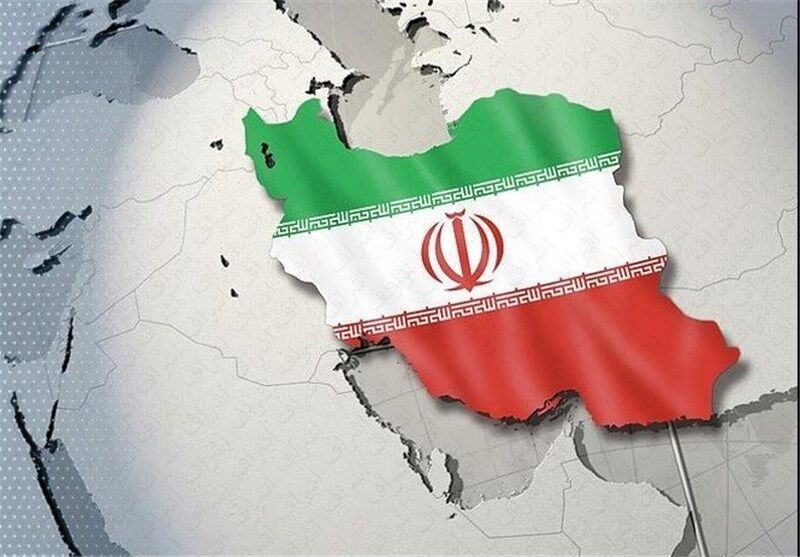Roundtable “Strategic Entanglements: Understanding Iran’s Middle East Policy”
Date of publication: December 15, 2024

On December 12, 2024, the Prague Centre for Middle East Relations (PCMR) of CEVRO hosted a closed roundtable discussion entitled “Strategic Entanglements: Understanding Iran’s Middle East Policy” with Ziryan Rojilati, Director of Erbil-based think-tank Rudaw Research Center (RRC).
The roundtable was moderated by Filip Sommer, Director of PCMR. The event was conducted under the Chatham House Rules.
The event discussed the current political, economic and security situation in the Middle East, particularly through the lens of Iranian foreign policy. In particular, the discussion focused on the current ongoing transition of government in Syria, the role of Hayat Tahrir al-Sham (HTS) and other actors who will now be involved in governing there. In this regard, possible new approaches to Iran’s policy towards Syria were discussed. Iran’s approach to the Iraqi political and economic scene was also mentioned, as well as Iran’s influence in countries such as Lebanon, Bahrain and Yemen. Last but not least, the debate focused on the issue of relations between Iran, Russia and China.
Background
Iran’s foreign policy continues to shape the geopolitical dynamics of the Middle East, driven by a complex mix of ideological commitments, strategic interests, and responses to domestic pressures. This roundtable situated the discussion within the current escalation between Iran and Israel, as tensions over Tehran’s nuclear ambitions and its support for armed proxies reach new heights. Iran’s backing of groups such as Hezbollah in Lebanon, Hamas in Gaza, the Houthis in Yemen, and Shi’a militias in Iraq, Bahrain, and Syria underscores its bid to assert influence across the region and challenge its adversaries.
Domestically, Iran is grappling with significant political and socio-economic challenges. The economy remains under strain due to enduring Western sanctions, rampant inflation, and a devalued currency, leading to widespread discontent among the population. Protests continue sporadically, fueled by grievances over economic hardship, political repression, and social inequalities, including calls for gender justice and minority rights. The internal power dynamics, including tensions between conservative and moderate factions, are crucial to understanding Tehran’s foreign policy decisions and its ability to sustain influence abroad.
Despite these pressures, Iran’s government has sought to portray resilience and bolster nationalistic sentiment by emphasizing its resistance to Western “hegemonic” policies and promoting strategic partnerships, particularly with Russia and China. Its near-nuclear capabilities further amplify its leverage, even as the threat of regional isolation and potential conflict looms larger.
This context raises critical questions about the balance of power in the Middle East, the prospects for regional stability, and the policy options available to global and regional actors in addressing Iran’s actions. Special attention will also be given to the implications of Tehran’s strategy for Israel, Syria, Iraq, Gulf Cooperation Council (GCC) states, and Western actors, including the European Union and the United States.
Speaker’s Bio
Ziryan Rojhilati is the director of the Rudaw Research Center (RRC) director based in the Kurdistan Region of Iraq (KRI). The RRC is affiliated with the Rudaw Media Network, one of the major media companies operating in the KRI. Ziryan is a political analyst focusing on the issues of Kurdish politics in Iraq, Iran, Turkey and Syria as well as internal politics and security of the said countries. Previously, he has worked in various media and local research outlets including as the Editor in Chief of Radio Nawa in 2009-13. Ziryan obtained his degree at the Suleimani Polythechnic University and a Political Science degree at the University of Kurdistan in Hewlêr.
Workshop for students of CEVRO University
On December 11, 2024, the PCMR organized a workshop on “How to write a decent policy paper?” for CEVRO University students. The guest speaker was Ziryan Rojhelati, Director of the RRC, a think tank based in the Kurdistan Region of Iraq (KRI), which has been writing policy papers for a long time. Practically, it was mainly about sharing experiences in writing short political and economic analyses on selected topics. Our guest’s perspective was complemented by the sharing of experiences in writing academic papers by Filip Sommer, Director of PCMR.
Image source:
https://en.irna.ir/news/84272881/Iran-s-constructive-foreign-policy-approach-foils-Iranophobia


